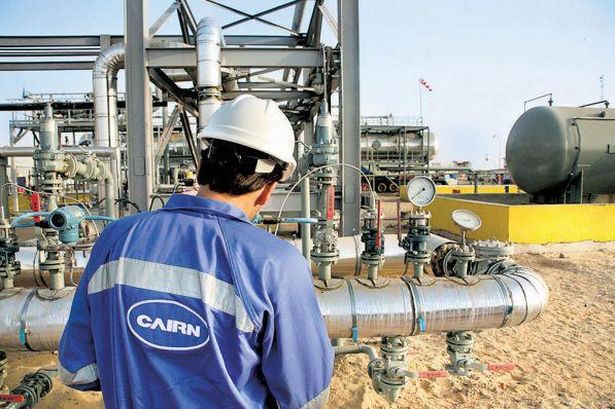In an article entitled “Drilling boom, deadly legacy” published on February 22, 2014, the Houston Chronicle reported that United States Bureau of Labor Statistics data showed that oil field-related industries across the country killed 663 workers between 2007 and 2012, with 40 percent of those deaths occurring in Texas. Additionally, the Chronicle also reported that a lack of federal government inspections as well as shoddy practices by many oil and gas companies led to badly injured or killed workers.
Oil jobs typically pay very well, with management roles often earning people more than $100,000 per year, but the risks of the work have to be something of a concern to even the most veteran of oil field workers. When you or your loved one suffers injuries or death on an oil rig in the Gulf Coast region, make sure to contact an experienced New Orleans personal injury attorney.
Common Oilfield Accidents
Some of the most frequent types of accidents involving oil workers include, but are not limited to:
- Slips and Falls — A slip or trip and fall accident can lead to serious injuries for any oilfield worker, and may even be career-threatening in some cases. Many workers face these dangers while working on elevated rigs, and many such incidents can be prevented with proper safeguards that may not be in place.
- Improper Training — While the workers in oil fields or on oil rigs should only be the most experienced ones available, many companies and drillers employ inexperienced workers or others who are not properly qualified to be working in oil fields. An inexperienced oil field or oil rig worker is typically unaware of specific safety procedures, protocols, and regulations, meaning they do not know how to correctly use certain equipment, machinery, or other tools and their negligence can have consequences that put the lives of others at stake.
- Electrocution — Many offshore oil rigs often have electrical components, and electric shocks in the oil field industries occur when workers come into direct contact with energized power lines, electronic equipment, or power lines.
- Explosions — Any type of fire starter can easily ignite different kinds of flammable gases from wells, trucks, and tanks, including open flame, static electricity, or other heated elements. Explosions and fires can spread quickly and injure more people.
- Equipment Failures or Defective Equipment — Heavy machinery on work sites required for drilling, pulling pipe, mixing mud, and several other jobs that occur on the worksite need to be safe for workers to use and only used by individuals with adequate training for operations and safety, but failure to maintain equipment or allowing people without proper training to use the equipment can lead to devastating accidents.
- Explosions and Fires — There is a release of all kinds of flammable gases during oil work, so explosions and fires are a paramount concern on these job sites. When something does explode, a fire can spread very quickly and possibly injure more people.
- Well Blowouts — A blowout refers to an uncontrolled release of crude oil or natural gas from an oil or gas well when pressure control systems fail. Most modern wells will have blowout preventers to prevent these from happening, but accidental sparks during blowouts often lead to oil or gas fires.
- Employee Fatigue — Oil fields are 24-hours-a-day operations, and many workers will put in 12 or more hours of work a day. The simple fact remains that many accidents on oil field sites are the simple result of exhausted employees.
- Motor Vehicle Accidents — Even oil workers will have to rely on vehicles on job sites, and it is entirely possible for workers to have accidents occur in which they sustain severe injuries.
- Hazardous Chemicals and Fumes — Hydrogen sulfide is perhaps the most well-known toxic chemical on oil sites, but there can be other hazardous chemicals that workers inhale while performing their jobs and these chemicals could cause many later issues with the health of the workers.
Common Oilfield Injuries
Some of the most common kinds of injuries oil field workers suffer include, but are not limited to:
- Head injuries such as concussions
- Traumatic brain injuries (TBIs)
- Neck injuries
- Back injuries
- Arm injuries
- Leg injuries
- Eye injuries
- Broken bones or fractures
- Severe burn injuries
- Spinal cord injuries
- Paralysis
- Limb loss
Call Us Today to Schedule a Free Consultation with a New Orleans Personal Injury Attorney
Oil field work is well-known to be dangerous, but employers have an obligation to take appropriate safety measures and workers who sustain injuries on job sites could be entitled to additional compensation for their injuries from the employers or equipment manufacturers in some cases. Egenberg Trial Lawyers represents oil field workers all over Louisiana, Texas, and the larger Gulf Coast region.
Our firm knows how to investigate these types of accidents and get the evidence needed to prove what caused an accident and why another party is liable. You can call (504) 229-2853 or contact us online to set up a free consultation so we will be able to review your case and fully discuss all of your legal options.

